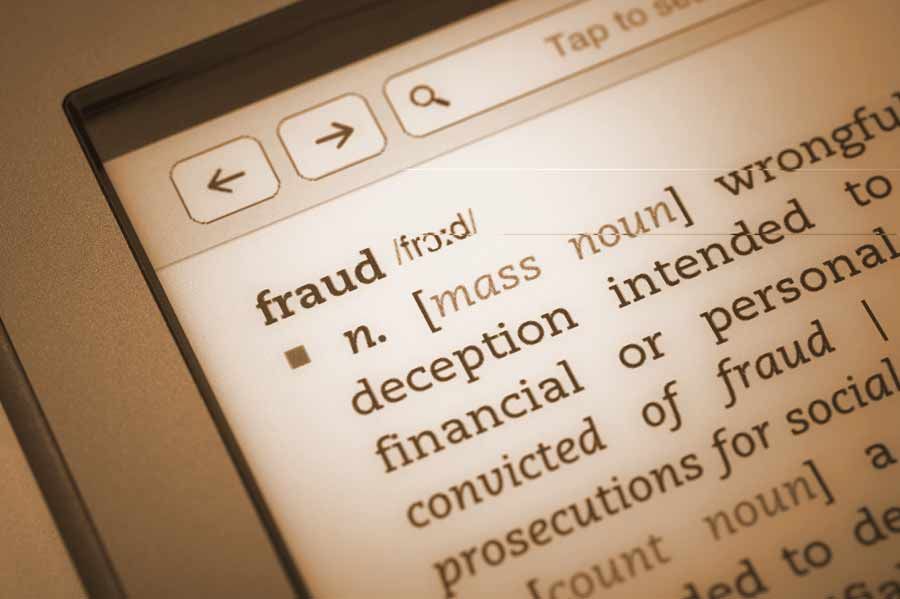
One of the growing concerns for county recorders throughout the United States is the increase in property fraud. To prove the point about how easy it is to perpetrate this kind of property fraud, the Daily News in New York stole the Empire State Building as a prank last December. They did return it.
What is real estate fraud exactly?
There are many kinds. The most grievous is when a person brings a fraudulent deed into the County Recorders Office, pays to record the document, and, in doing so, somewhat legally transfers the property to himself or herself. Yet in reality it is theft.
Why do people transfer the property fraudulently?
Transferring the property and keeping it would make it very easy to apprehend these thieves. That's not why they do it. Typically they steal a property in this way so to borrow against the property, take the money, and let the property default be foreclosed. The unsuspecting property owner is caught off guard and has to do fight to hang onto their property and maintain their credit. Many times, the properties that are targeted for this kind of fraud belong to seniors who own their home outright. Adding insult to injury is the fact that it can cost a homeowner thousands of dollars to clear up the problem.
Who is involved in creating or processing these fraudulent documents?
Some counties have had situations occur where family members will attempt to defraud each other and take a property. Notaries play a role in this process as well and may wind up in court at some point during an investigation. Appraisers who value properties higher in order to assist in the loan process have also played a part.
Why don't Recorders prevent this?
Recorders are not required to verify the information; they are not the real estate police. Their job is to make sure that all documents meet recording requirements as set by law, that the notary has properly notarized the transaction, the fee is collected, and the record is made part of the public record of all land transactions in the county.
Recorders have no way to verify information on a document presented to them for recording. That's why it's not part of their responsibilities and never has been. Giving them the authority would not solve the problem. They have no way to verify the validity of a document.
How are counties protecting themselves?
Counties where property fraud has become more prevalent have developed task forces to work with law enforcement officials. But task forces with teeth cost money for investigative staff, equipment and communication systems. There is a wide disparity among states and counties as they deal with this issue. Illinois only recently passed legislation requiring notaries to record thumbprints on all notarizations related to property transactions; California began this practice in 1993.
This content has been reproduced from its original source.
Link: http://www.smcare.org/recorder/fraud.asp